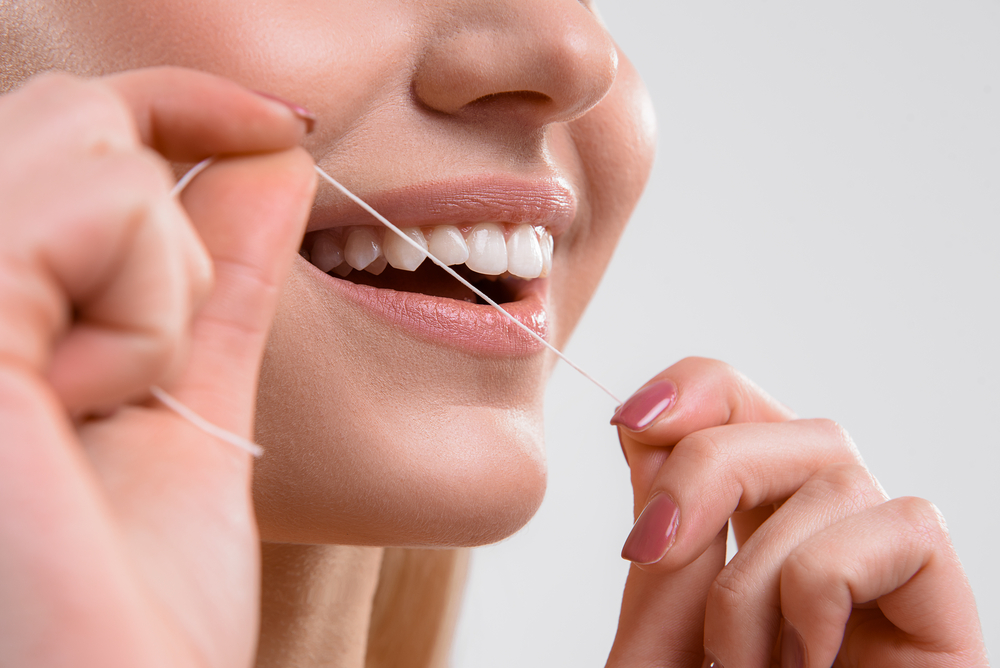Maintaining and Caring for Your Porcelain Crowns: Tips and Recommendations
Blog:Maintaining and Caring for Your Porcelain Crowns: Tips and Recommendations

A dental crown is an artificial tooth-shaped cap. It covers a broken tooth and restores its strength, size, form, and look. It also covers dental implants and teeth that have undergone root canal treatment.
Crowns are crafted from various materials such as metal, resin, and porcelain. With proper care, they can last between five and 15 years. They offer versatility in correcting cosmetic flaws and strengthening teeth affected by decay or trauma.
What Are Porcelain Crowns
Porcelain-fused-to-metal (PFM) crowns combine the durability of metal with the natural appearance of porcelain. These popular crowns can match the color of the teeth to blend seamlessly.
PFM crowns are long-lasting and suitable for front and back teeth. They serve various purposes for different individuals.
Why Do Children Need Dental Crowns?
Dental crowns can save decayed teeth that cannot support a filling in children. They can also protect teeth with a higher risk of tooth decay. Crowns are ideal for children with difficulty maintaining proper oral hygiene.
Why Do Adults Need Dental Crowns?
In adults, crowns protect weak teeth from further damage caused by decay and can stabilize cracked teeth. They also provide cosmetic modifications for severely stained or discolored teeth. Crowns cover root canal-treated teeth and dental implants and ensure a complete and beautiful smile.
Tips for Maintaining Your Dental Crown
Brush and Floss Regularly
Although your dental crown is artificial, it is essential to maintain good oral hygiene for the underlying tooth. Brush your crown carefully to remove plaque and keep it looking its best. Flossing is crucial to preventing food particles and bacteria from getting trapped between the crown and your gum or neighboring teeth.
Temporary crowns require extra care during flossing, but permanent crowns can be flossed normally. Sensitivity to hot or cold foods may persist even with a crown, so toothpaste for sensitive teeth is recommended.
Avoid Sticky and Hard Foods
While dental crowns are durable, they can still be damaged. Chewing on hard candies or ice can chip, crack, or break your crown, leading to premature replacement. Sticky or chewy foods can also cause problems by weakening or loosening the crown or causing debris to become trapped. It is best to avoid these foods whenever possible.
Also, remember that the porcelain used in crowns is resistant to staining but cannot go through whitening like natural teeth. Consider professional whitening treatment before getting a crown to ensure a matching and aesthetically pleasing smile.
Break Bad Habits
Habits like nail-biting, chewing on hard objects, teeth grinding (bruxism), or using teeth as tools can damage both crowns and natural teeth. These habits can lead to crown breakage, tooth chipping, or gum damage. It is essential to break these habits to protect your oral health and the investment in your dental crown.
Use a Night Guard
Grinding and clenching teeth during sleep can cause significant damage. The pressure exerted during grinding can increase the risk of crown breakage. Dentists can identify signs of teeth grinding and provide a custom night guard to cushion your teeth, protecting your crown while you sleep. This helps alleviate the adverse effects of grinding and clenching on your teeth.
For more tips for maintaining and caring for your porcelain crowns, visit SmileOn Dentistry at our office in Marina Del Rey, California. Call (310) 822-0202 to book an appointment today.




